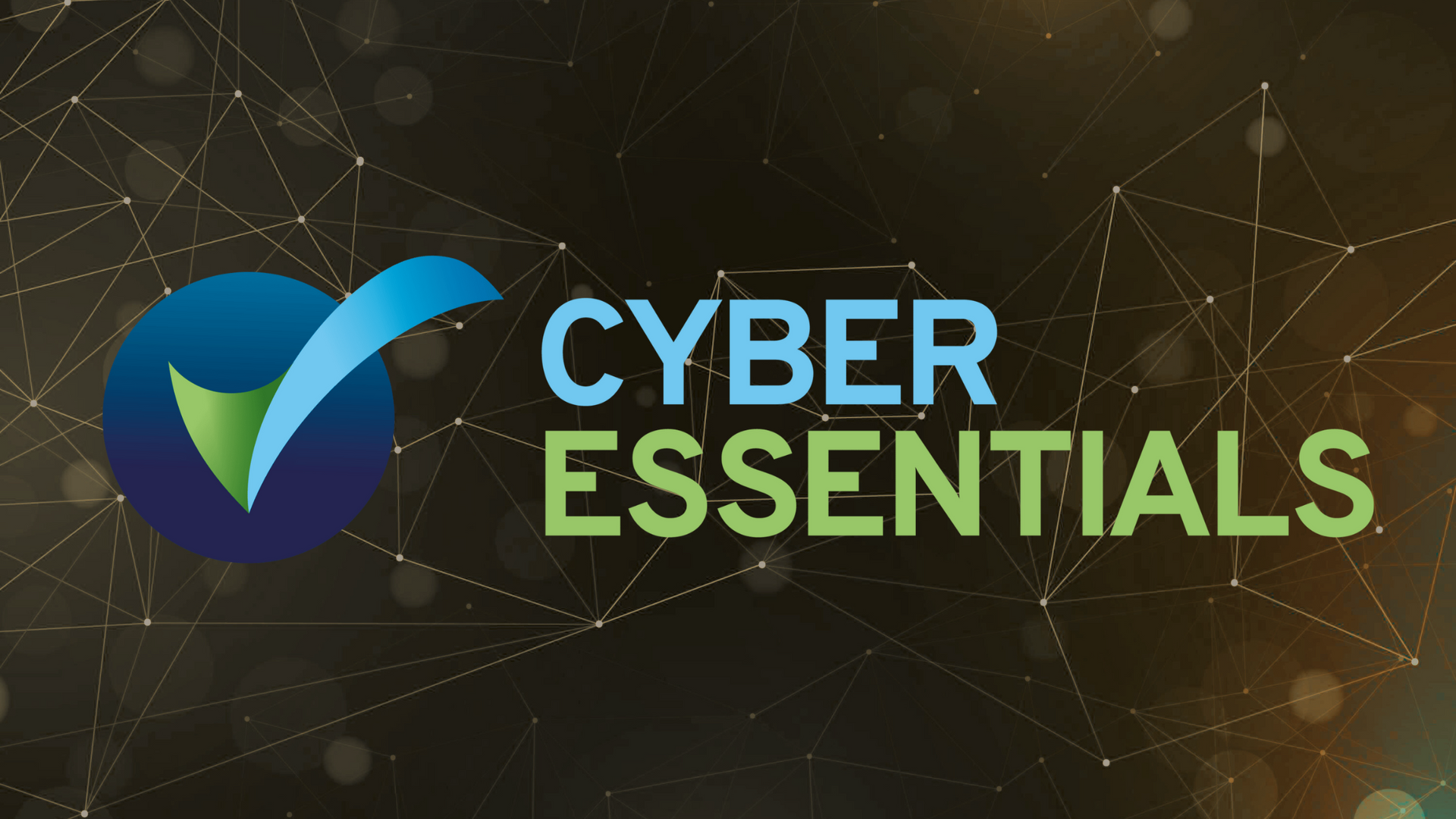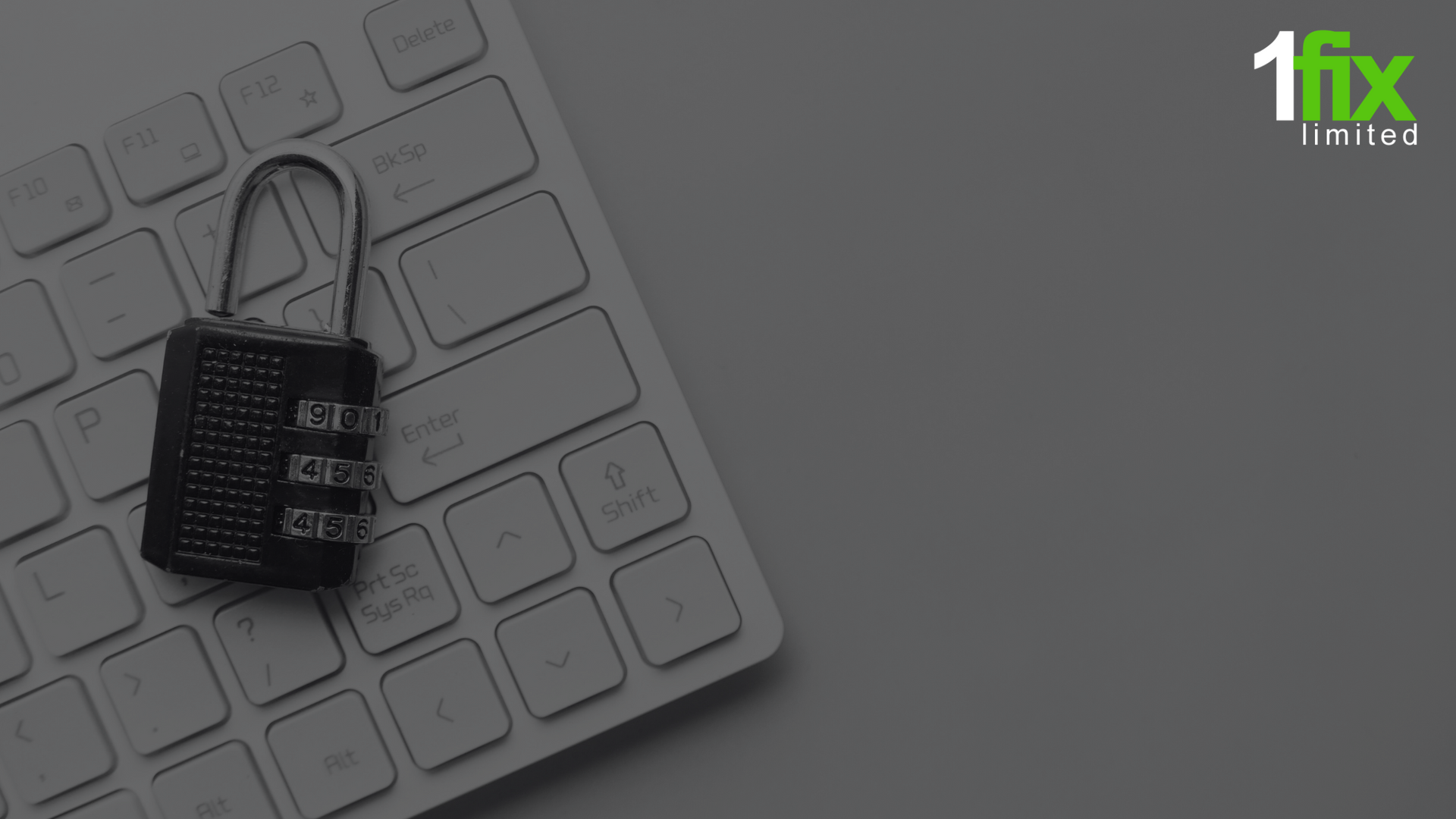A Data Breach can cause serious damage to any business
Craig Atkins • March 17, 2020
This is a subtitle for your new post
About 60 percent of small firms lose their business within 6 months of a data breach. Now that’s a frightening statistic everyone should be aware of. It’s not because these firms didn’t have an appropriate security system in place that they went under, it’s because they weren’t ready to deal with it.
A data breach can happen to any business even though all the security measures are in place. Hackers work hard to infiltrate your IT systems. But there are quite a few ways to recover from a data breach if the worst-case scenario happens.
Let’s start with what you can do to ensure a successful recovery before the breach even happens.
Prior to the data breach…
- Identify all the IT assets you retain.
Understand what’s on your network. Using a unique asset ID will help you separate the attacked system in case of a data breach.
- Employ an Intrusion Detection System to your system/network.
IDS will help you take down possible threats and also help in detecting the attack pattern thereby reducing damage.
- Have an Incident Response Plan.
The last issue your business needs is an unanticipated data breach to occur, with no plan of how to react. Have a backup plan in hand that designates roles and duties so that recovery actions will be taken properly.
- Backup your business-critical data.
This is a simple yet very valuable step that needs to be taken in order to diminish data loss or corruption. Don’t let those ransomware Hackers get the better of you. Just carry on as usual with your backed-up data, remember to keep it updated and secure.
- Perform repetitive penetrative tests.
Carry out frequent penetrative tests to figure out any weakness in your security system. Educate employees on possible attacks and create an understanding of attacks like phishing.
After a Breach has occurred…
Now it’s time to move on to what you can do in the wake of a breach to help you get back on track.
- Assess the attack
Find out how much and what you have lost. The minute you realise you have been attacked; you should look into the enormity of the impact. Figure out what systems were attacked, and which databases have been breached. Asset ID’s and exclusive authentications should help you with that.
- Isolate the impact
Quarantine the attacked system from the network so that no more of your systems get affected. Disable the logins and credentials used by the attacker to breach. Essentially, give the attacker no more means to keep nudging you.
- Study the attack pattern
This will help you neutralize any further attacks that might come your way. Don’t you want to know how your security systems were finally broken down? Examining the attack will give you more interpretations into how to improve your security.
- Inform the breach to all affected
Make the breach known to the people who were involved. You need them to be more careful and informed of the risk. Even the law requires you to do so as it is your obligation to make any security breach known to the stakeholders concerned.
- Amend your security procedures
Replace your security systems with new and updated ones that can further endure similar attacks, if not attacks in general. Address your weaknesses and take preemptive solutions into training to avoid future events.
Make use of your Business Continuity (BC) and recovery plans to reestablish your systems to full functionality.
- Keep an eye out for any further cyber attacks
Preserve security measures with the same intensity since the day you established them. Make sure everyone in the company is limited to the cause as well. As they say, a chain is only as strong as its weakest link. So, keep your systems up to date and try not to leave any exposure unaddressed.
We’re 1-fix, we can help you secure your business
At 1-fix, we take a realistic approach to technology – ensuring our client’s systems are best protected.
If you have any concerns, questions or simply want to explore how to better secure your business, please do get in touch with the team for a FREE demonstration, consultation to explore how exposed your business might be and identify actions to take.
To book a consultation or to arrange a further discussion, please get in touch.
Join Our Mailing List
All sign-ups are handled inline with our privacy policy and can unsubscribe at any time.
Recent Blogs

As we approach October 2025, the end of life for Windows 10 is just around the corner. For many businesses, this coincides with the start of a new budget cycle in April, making it the perfect time to consider upgrading to Windows 11. In this blog post, we'll explore the benefits of making the switch early and how it can positively impact your business.





















